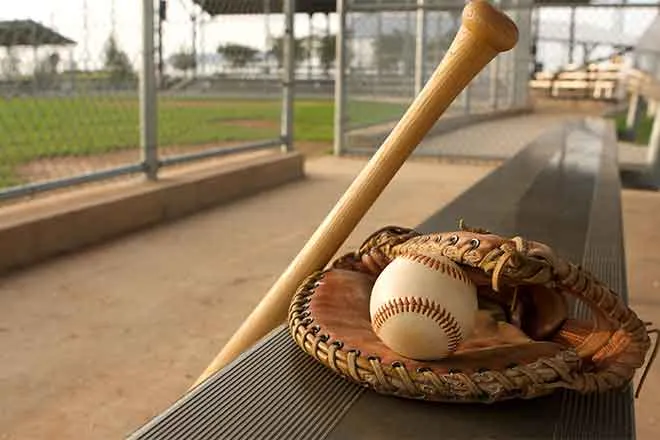
Commentary: Nebraska plan to divert water could put destructive carp in Kansas lakes
This commentary originally appeared in the Kansas Reflector.
(Colorado Newsline) Back in the 1970s, in an attempt to control algal blooms in wastewater treatment plants and aquafarming ponds, managers imported four species of Asian carp. Unfortunately — as with many well-intentioned plans that tamper with ecosystems — the carp were inadvertently released or escaped through flood events, and quickly spread to wreak havoc in nearby waterways of the Mississippi River basin, including our own Kansas River. While the carp are present in east Kansas waters, they’ve yet to reach some of the state’s premier fishing lakes. That could change if Nebraska’s Department of Natural Resources signs a permit for the Platte-Republican diversion, which is currently under consideration.
I first wrote about this issue in 2021, though the history of this permit reaches back to 2018, when entities affiliated with water and irrigation districts in Nebraska applied to the NeDNR to transfer water from the Platte River Basin to the Republican River Basin to meet the requirements of a 1934 water compact among Kansas, Nebraska and Colorado. In 2018, the application was denied because of objections by opposing parties, including then-Kansas Gov. Jeff Colyer, who wrote a letter against the plan in an effort to protect Kansas’s multimillion dollar sport-fishing industry.
Unfortunately, 2021 brought a second application that ended up in the Nebraska Supreme Court. In October of this year, the court passed down the ruling that parties challenging the permit had no legal standing because water used for the diversion would only be “overflow,” thus not taking water from opposing parties in the basin. Injury to these parties, stated the court, was only “speculative.” According to Nebraska Public Media, “The decision means the department can now decide on its own whether or not to approve the diversion plan without having local groups participate in a so-called ‘contested-case’ hearing.”
But here is my thought. When dealing with invasive species, it does not matter if water is “overflow” or not. Any water diverted from the Platte is susceptible to transferring the voracious and destructive carp into Kansas waterways.
Attempts to reach Kansas Department of Wildlife and Parks for updated comments were unsuccessful. But in 2021, Chris Steffen, aquatic nuisance species coordinator for KDWP, wrote that “invasive species are problematic largely because of their extraordinary abilities to take advantage of opportunities to spread and establish in new ecosystems.” He also stated “this project would provide a new, unnatural, pathway (to our waterways) that currently does not exist.”
Five years ago, officials north of the border dismissed concerns about invasive species transfer saying that Asian carp were not found near the diversion point just east of North Platte, Nebraska. But surveys documenting the westward expansion of Asian carp populations in the Platte River have continued through this past summer. As data indicating where the carp have been found is verified by the U.S. Geological Survey, it is published on a map on their website.
“This includes a bighead carp found in 2020 near the canals that will be used to transport Platte River water to the Republican River Basin,” wrote Melissa Mosier, Platte River Program Manager for Great Plains Audubon. “It is reasonable to assume that the ‘interbasin’ canal will simply ease the movement of this highly mobile and invasive species into the fisheries fed by the Republican River.”
In 2021, Gov. Laura Kelly — though concerned about our natural resources — took a wait-and-see position on the permit application. In October of this year, Brianna Johnson, a spokeswoman for the governor, shared the following statement: “Governor Kelly is monitoring the situation and its impact on local communities. Our agencies are discussing the impacts of the diversion plan and potential next steps.”
My fear is that under the severe drought conditions we face, Kansas officials are so desperate for water, they will take anything, regardless of what comes with it. But I hope, instead, they move for the protection of a unified ecosystem: ours and Nebraska’s.
Each spring the Platte River Basin hosts the largest migration of sandhill cranes in the world. They are joined there by endangered whooping cranes and other threatened species, the same species that stop at our own Quivira National Wildlife Refuge each fall, where tourists from across the Midwest gather to watch them arrive. The Platte needs its “overflow” to sustain habitat for our birds, and our waterways need to be free of dangerous invasives that populate the Platte River. This diversion plan is wrong for everyone involved, and an alternative must be found that benefits the natural resources of both states.
Colorado Newsline is part of States Newsroom, a network of news bureaus supported by grants and a coalition of donors as a 501c(3) public charity. Colorado Newsline maintains editorial independence. Contact Editor Quentin Young for questions: info@coloradonewsline.com. Follow Colorado Newsline on Facebook and Twitter.














